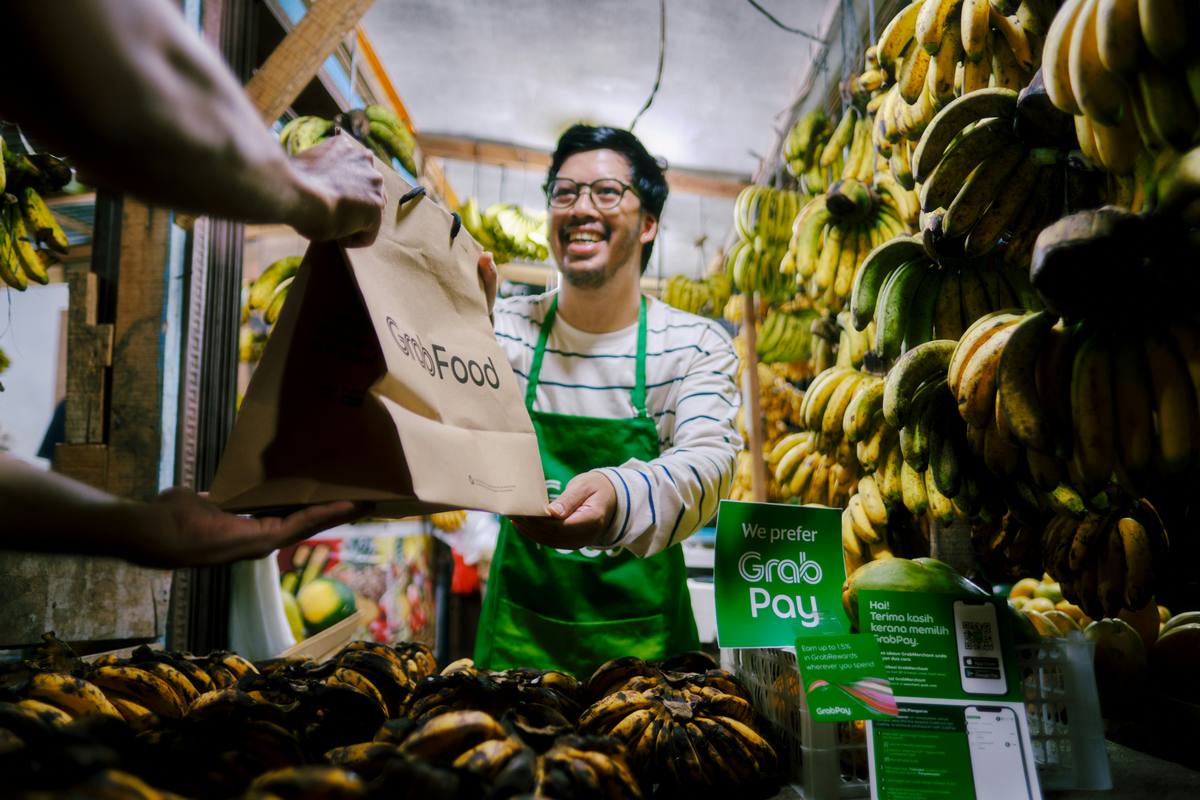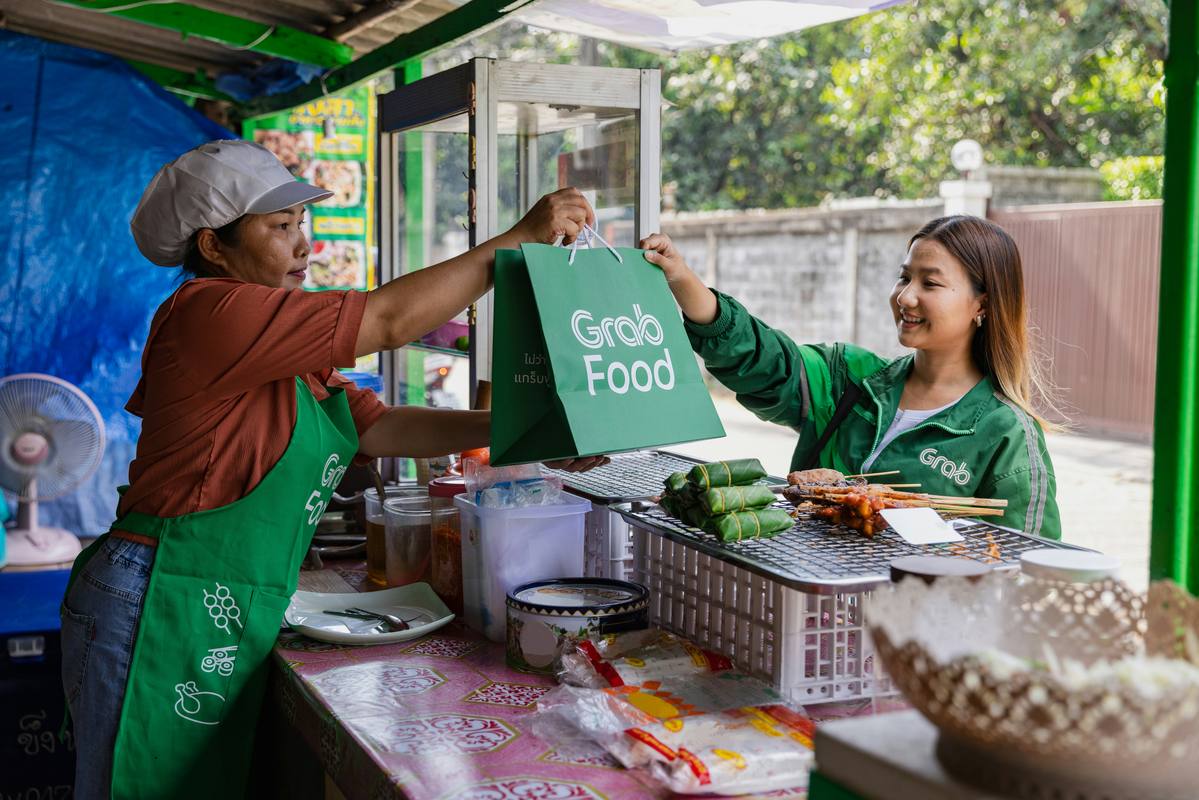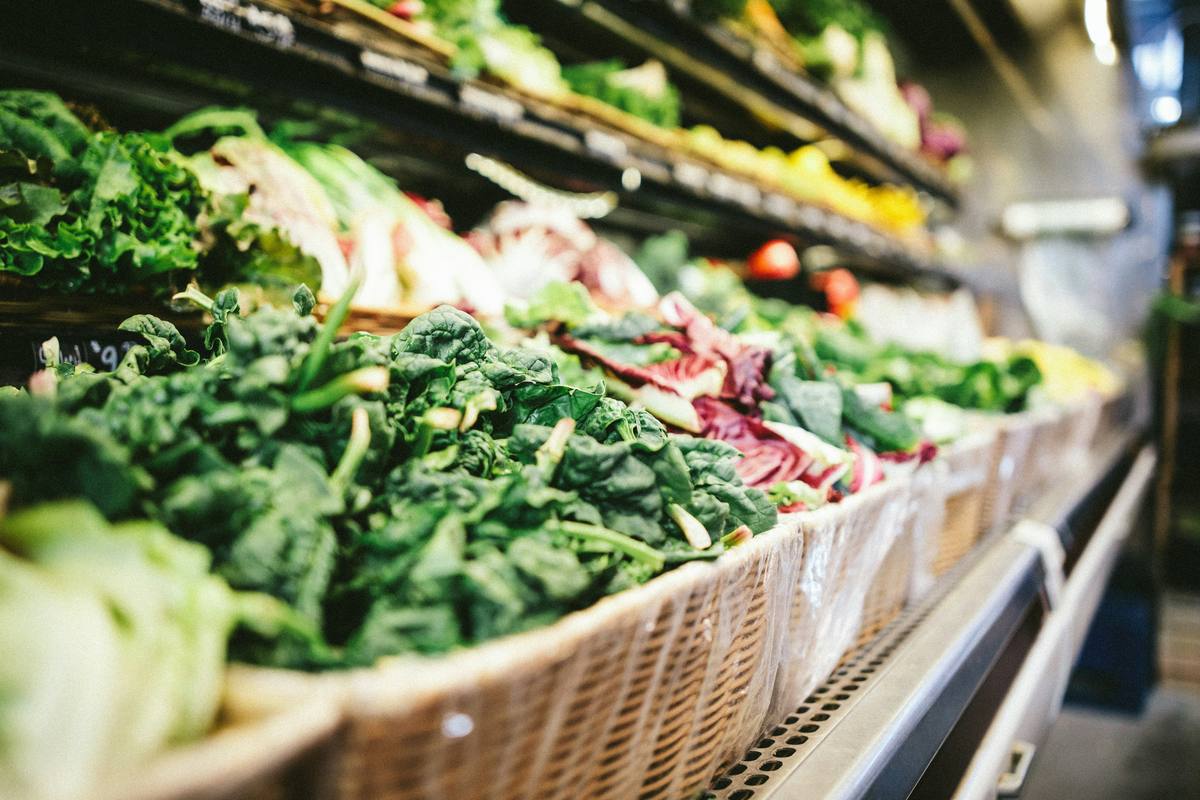Embarking on an International Grocery Venture
Launching an international grocery business is an exhilarating adventure filled with vibrant cultures and diverse flavors from around the globe. The key to success lies in understanding your target market's unique needs and preferences, ensuring that you offer an authentic and varied selection of goods. Developing relationships with reliable suppliers who can provide high-quality products is absolutely essential. Equally important is creating a welcoming and engaging shopping environment that resonates with the multicultural tapestry of your clientele. Utilizing innovative marketing strategies and maintaining exceptional customer service will set you apart in this competitive landscape. With dedication and a keen eye for market trends, your international grocery store can become a bustling hub of culinary discovery.

Understanding the Challenges in the International Grocery Sector
Embarking on the journey of starting an international grocery business is akin to navigating through a diverse culinary landscape. The first challenge many encounter is understanding and adhering to local regulations and import laws, which can vary significantly from one region to another. Then, there's the aspect of sourcing authentic products from around the world, ensuring they're both fresh and high quality upon arrival. Another hurdle is cultivating relationships with suppliers and vendors across different countries, which requires both time and cultural understanding. However, perhaps the most daunting task is predicting consumer trends and preferences within such a diverse market.
Finding Your Niche in the Global Market
To truly stand out in the international grocery industry, identifying your niche is crucial. This involves deep research into what specific cultures or types of international foods are underrepresented in your target area. It's not just about offering something different, but also about having a clear understanding of who your customers are and what they seek. Additionally, developing a unique selling proposition (USP) that defines your store's identity within this niche can significantly attract a loyal customer base. Competing on price alone is challenging; thus, focusing on quality, authenticity, and experience can set you apart.

Strategic Location & Store Layout Planning
Selecting the right location for your international grocery store can dramatically influence its success. It's not just about picking a spot with high foot traffic; it's about choosing a location that aligns with your target demographic's patterns. Furthermore, once the perfect location is found, designing a store layout that enhances shopping experience becomes paramount. This means organizing products in a way that is both intuitive and inviting for customers exploring foods from around the world. There's also merit in creating spaces within the store that allow for product demonstrations or cultural events.
Building Supplier Relationships Globally
The backbone of any successful international grocery business lies in its ability to maintain strong relationships with suppliers worldwide. This isn't achieved overnight but requires consistent communication, trust-building, and mutual respect between all parties involved. Understanding each supplier's unique challenges and working together to solve them can foster long-term partnerships. Moreover, diversifying your supplier base can mitigate risks associated with supply chain disruptions. It's also important to stay updated on global trade policies that might affect these relationships or product availability.

Investing in Marketing & Community Engagement
In today's digital age, having a robust marketing strategy is vital for any business, especially one as niche as an international grocery store. Utilizing social media platforms to showcase unique products and share insights into different cultures can engage potential customers even before they visit your store. Beyond digital marketing, participating in community events or hosting cooking classes can build a sense of community around your brand. It's about creating stories and experiences that resonate with people on a personal level. This approach not only attracts new customers but also fosters loyalty among existing ones.
Boost campaigns with 250+ editable templates. Save, reuse, and wield design tools for business growth.
Try it for FREE!Navigating Logistics & Inventory Management
The logistics of running an international grocery business are undoubtedly complex. From managing inventory levels of perishable items to ensuring timely delivery of products from across the globe, each step requires meticulous planning and execution. Implementing an efficient inventory management system can alleviate some of these pressures by providing real-time data on stock levels and consumption patterns. Additionally, establishing strong logistics partnerships can ensure that products are transported under optimal conditions. Balancing cost-effectiveness with efficiency in logistics is key to maintaining product freshness and customer satisfaction.

Leveraging Technology for Growth
Incorporating technology into your business operations can provide you with a competitive edge in the international grocery sector. From e-commerce platforms allowing customers to shop online from anywhere at any time to utilizing data analytics for better decision-making regarding stock levels and customer preferences--technology plays a crucial role. Moreover, social media and digital marketing tools can help reach wider audiences more effectively than traditional advertising methods. Automating certain processes can also improve efficiency and reduce human error. Thus, embracing technology not only streamlines operations but also enhances the customer experience.
Creative Branding & Packaging Design with Desygner
Lastly, in such a visually driven market, how you present your products can significantly impact their appeal to customers exploring international cuisines. This is where tools like Desygner come into play; it provides an easy-to-use platform for creating professional branding materials and packaging designs without needing extensive graphic design skills. Customizing packaging to reflect the cultural essence of each product not only adds value but also educates consumers about their uniqueness--turning shopping into an experiential journey rather than just a transaction. Harnessing such creativity in branding asserts your identity in the marketplace while captivating potential customers' imaginations.
Concluding Thoughts on Starting an International Grocery Business
Embarking on the journey to start an international grocery business is a venture filled with excitement, challenges, and immense potential for success. As we have discussed throughout this guide, thorough planning, understanding your market, and being adaptable are key components to thriving in this industry. It's crucial to remember that every step you take towards establishing your business should be guided by a well-researched plan and a clear vision of what you want to achieve.
The importance of catering to the diverse needs of your community cannot be overstated. By offering a wide range of products from various cultures, you not only create a unique shopping experience but also foster a sense of inclusivity and representation. This approach not only enhances customer satisfaction but also sets the foundation for a loyal customer base.
Here are several points to keep in mind as you move forward:
- Research thoroughly on the demographics of your target location.
- Develop a comprehensive business plan.
- Secure reliable suppliers with quality products.
- Invest in marketing strategies that resonate with your audience.
- Ensure top-notch customer service.
- Maintain a clean, organized, and welcoming store environment.
- Stay adaptable to changes in consumer preferences and market trends.
- Utilize tools like Desygner for your branding and marketing materials.
Remember that success in this business requires patience, persistence, and a passion for bringing global cultures together through food. As you continue on your path, consider leveraging resources such as Desygner to elevate your branding and marketing efforts. Sign up at Desygner today and take the first step toward building a recognizable brand for your international grocery business.


